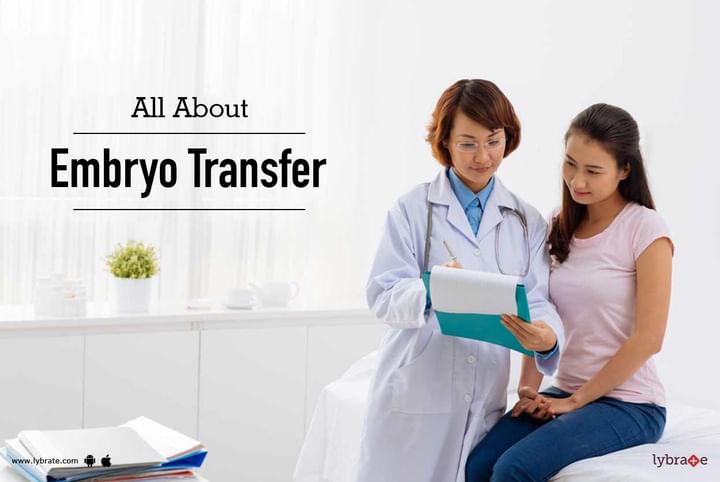All About Embryo Transfer
After the eggs are collected and fertilised in the laboratory, the embryo transfer takes place. Usually and this entirely depends on your situation, about one or three embryos of the best quality are selected to be transferred to the womb. After introduction to the uterus, the egg attaches itself to the wall of the uterus for the pregnancy to come into effect. Embryo transfer is the last step in the IVF cycle.
Procedure:
The procedure chosen for transferring embryos usually depends on the clinic chosen. But most of them involve the following steps:
- The eggs take two or three days to fertilise. When they are ready, the embryos with the best quality are selected. These are then transferred to your uterus.
- A speculum is inserted into your vagina by the doctor. Then using ultrasound for guidance, a catheter is passed through the cervix. This catheter is used to pass down the embryos into the uterus.
- Your lifestyle after the transfer should be docile and cause you minimum stress.
- A pregnancy blood test will be given to you two weeks after the transfer. If the test comes out as positive, an ultrasound is scheduled after another two weeks.
Risks:
In the process of transferring the embryo, there are no significant risks involved. There might be problems during passing the embryos through the catheter, if you never have had a baby before or your cervix was not assessed before the IVF cycle was initiated.
Chances of Successful Pregnancy:
With age, female fertility declines. It helps if you are younger when using your own eggs. After a survey it was found that women:
- aged below 35 have 40.6% chance of success
- aged between 36-37 have 35.5% chance of success
- aged between 38-39 have 28.1% chance of success
- aged between 40-42 have 21.2% chance of success
- aged between 43-44 have 11.2% chance of success
- aged 45 and over have 3.4% chance of success. If you wish to discuss about any specific problem, you can consult a Gynaecologist.



+1.svg)
